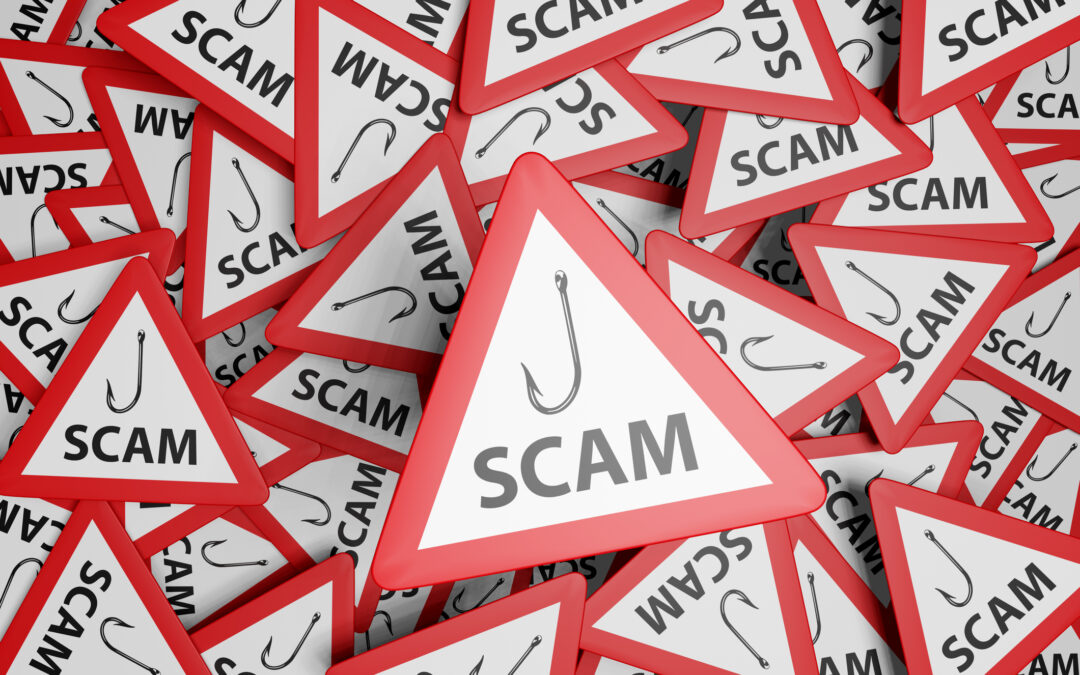As we set about doing more shopping than usual in preparation for Christmas do be aware of scams. Friends against Scams is a national initiative which aims to protect us from becoming victims. If you have access to a tablet or computer they offer online training to help you find out more scams. Their website also offers a host of information about different types of scams. Here are some scams doing the rounds in the run up to Black Friday and Christmas this year:
Stop – Never to anything you don’t want to or make any decisions on the spot. Check – always check someone’s credentials. Ask – always ask someone you trust for a second opinion. Mine – do not give away your personal information. Share – Share your experience with others to lower the risk of being scammed.
Be aware of Scams. And feel free to contact us at Home & Company if you would like us to check anything for you.

